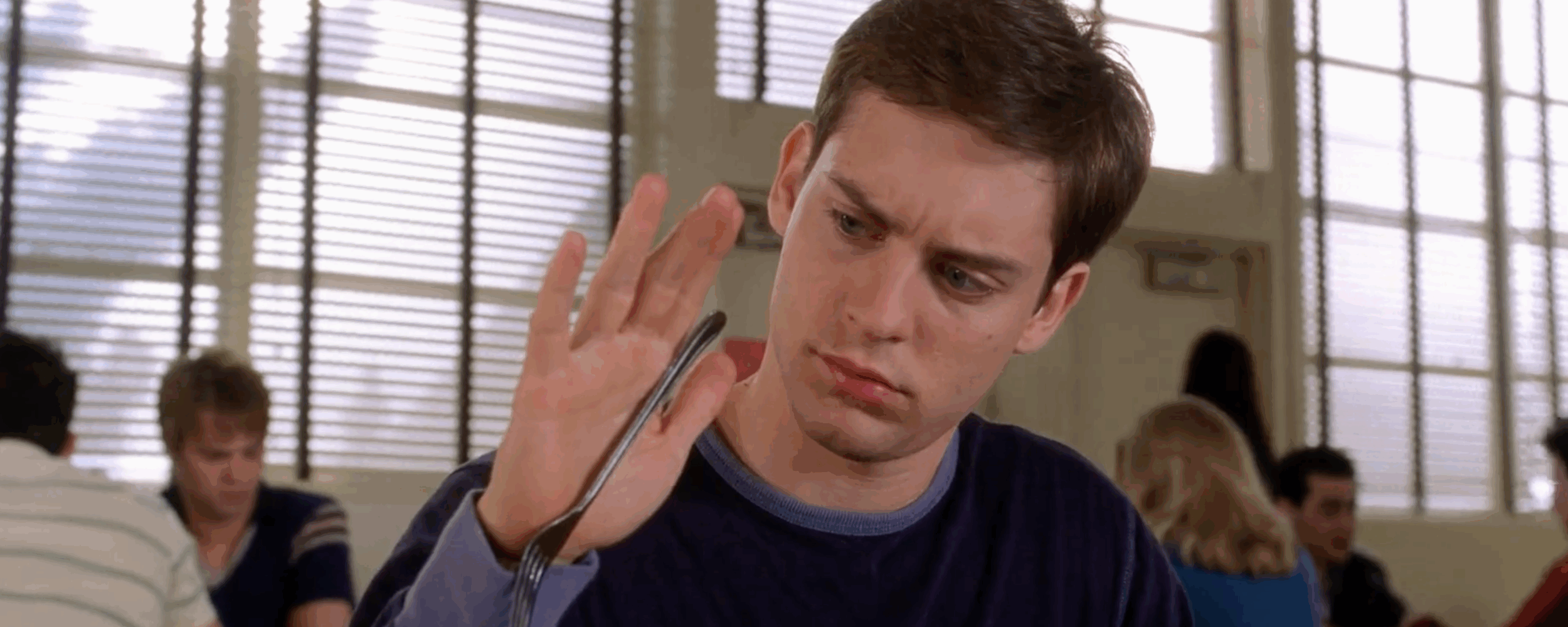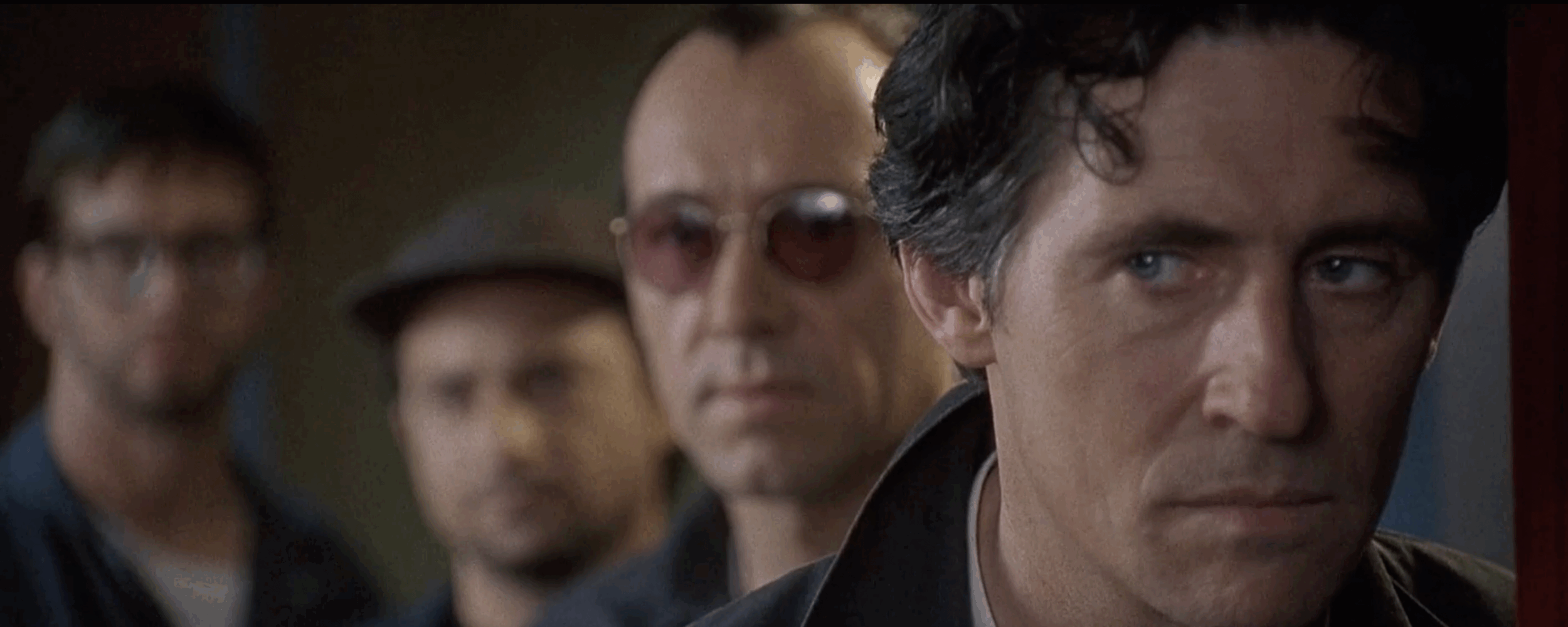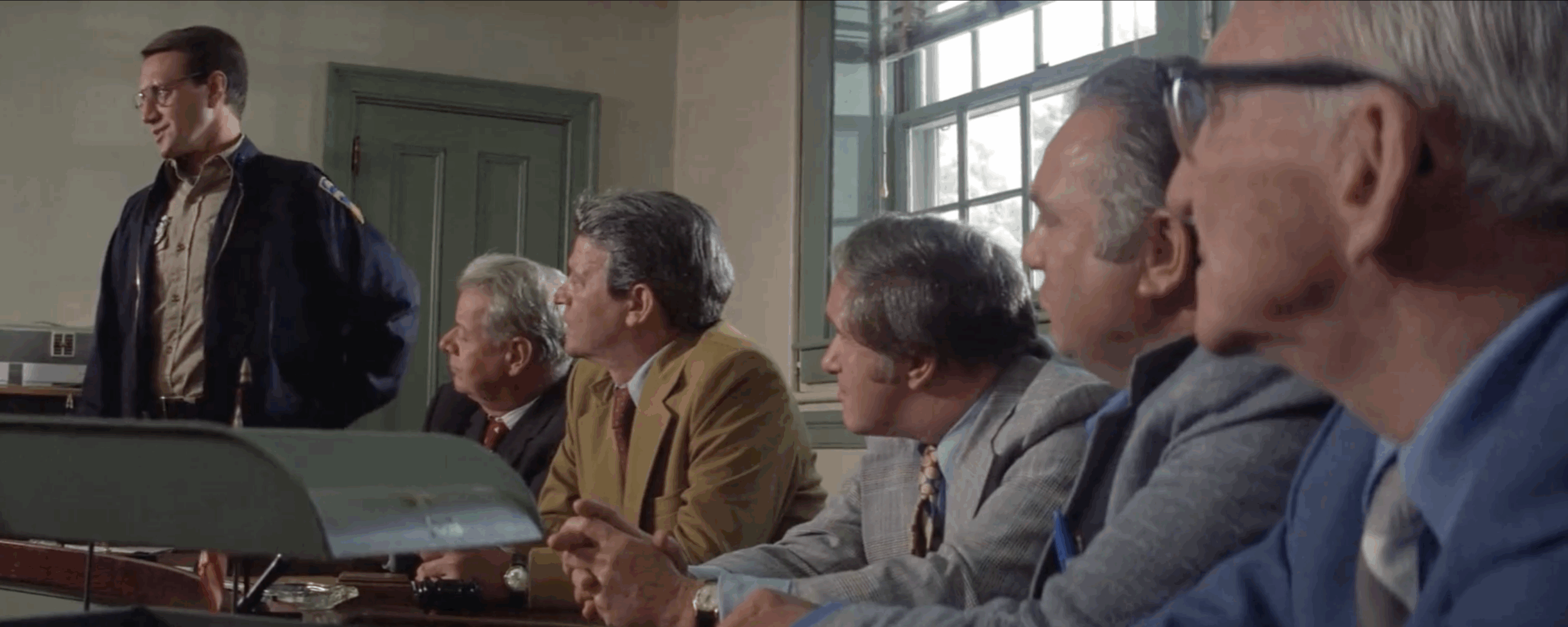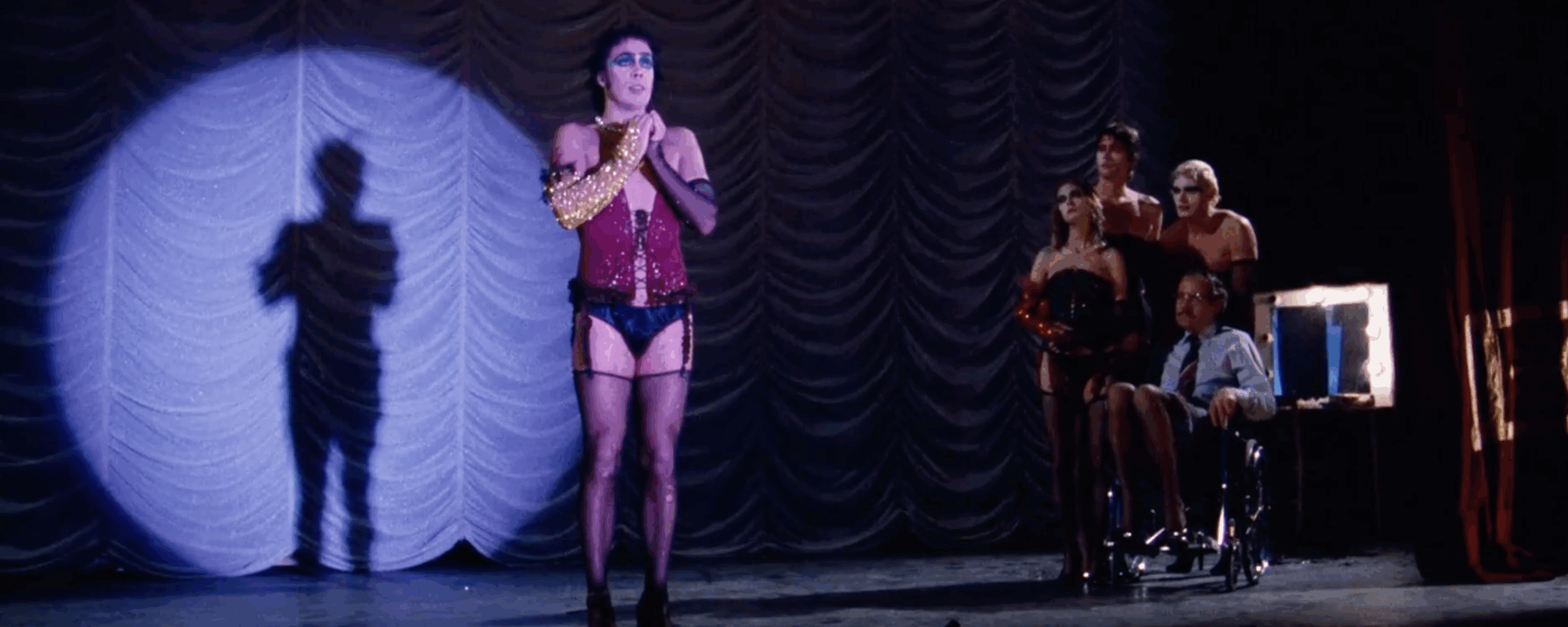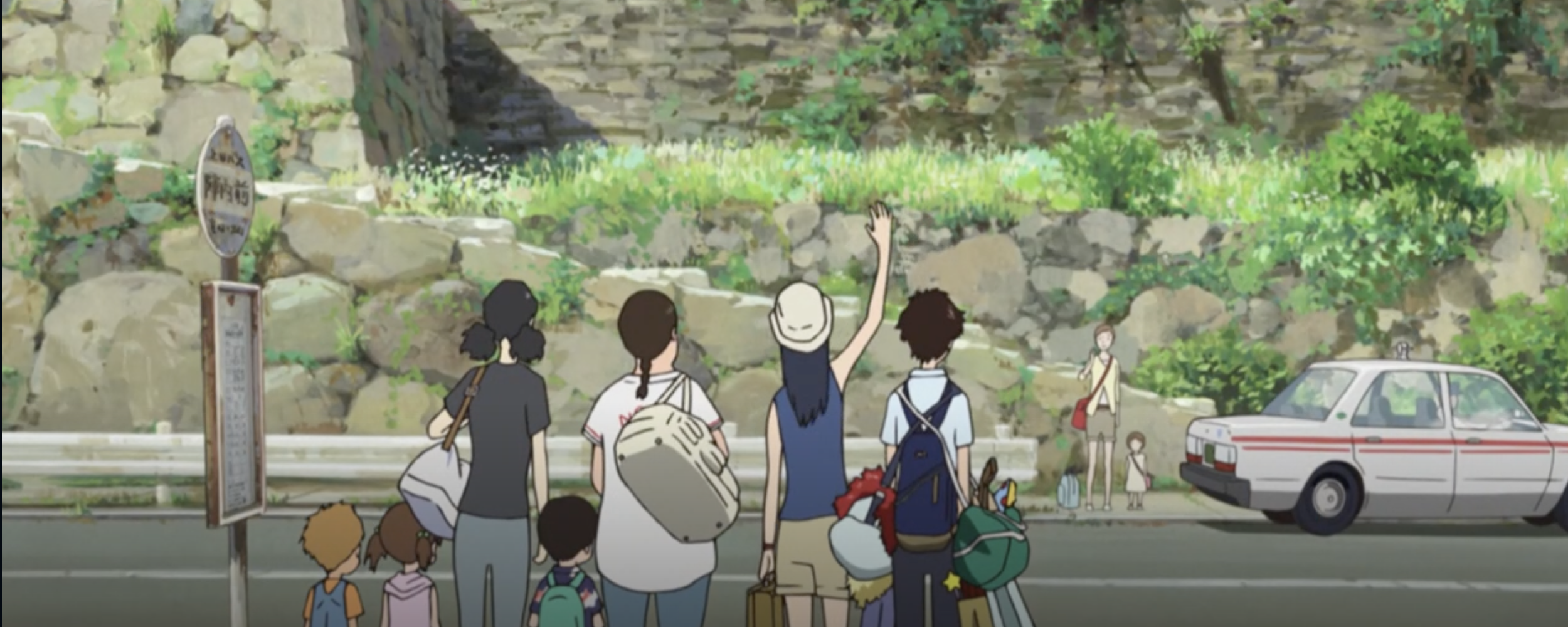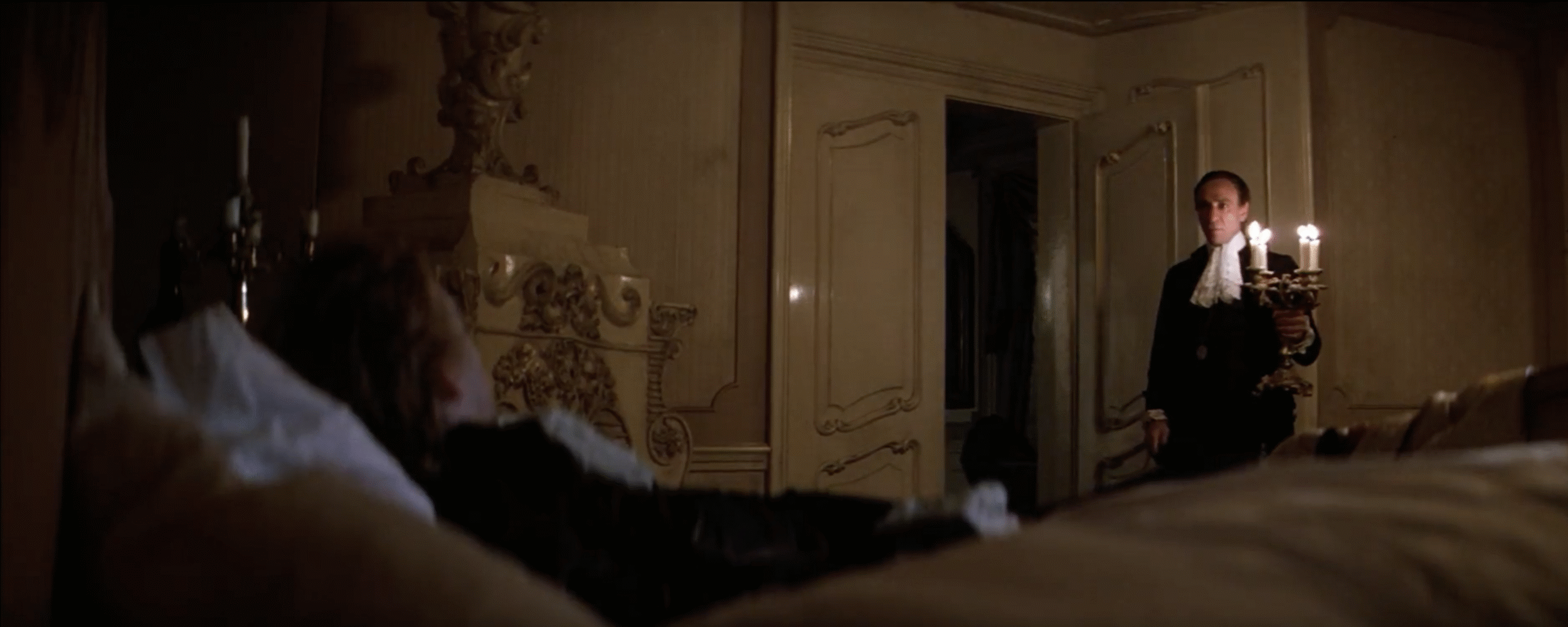Spider-Man (Raimi, 2002) has been rereleased in cinemas across the country, I’m guessing as part of some event to do with the superhero chain but more than anything just an excuse to be shown again in cinemas and for them to get more money from it. Even if it has been rereleased pretty much constantly, this is the first time watching the film in over 20 years. The last time I watched it I was 5 years old and would constantly watch it on repeat, the same way I did when I was young with films like 102 dalmations (Lima, 2000) or Looney Tunes: Back In Action (Dante, 2003). In the same way with these films I have also gone back to watch them again recently in somewhat of a retrospective way or maybe just to try and recapture a feeling of innocence or nostalgia attached with watching them at an early age. I also really enjoyed watching them again for this reason, being able to remember them pretty much scene by scene. Most importantly they were well made children’s films at the time.
Of course Spider-Man isn’t necessarily a children’s film even if a lot of its audience were a younger demographic. The content of the film can be seen as far from it, The Green Goblin was definitely the most haunting villain from any film I watched as a child. But yet this is the reason why I have the memories of it today from seeing it as a child and the reason back then that I would watch it on repeat constantly. It created that level of evil needed in a villain that only Willem Dafoe could pull of in this role. It shows his weaknesses without pandering to his evilness, and more importantly became this dark vision of how a villain could be in a superhero film that wasn’t seen before. I still have that yearning to be traumatised by a character in a film in the same way as I was as a kid with this role. At an early age in many ways you are so attached to the emotions as they are new to you, that when something like this brings an excitement and fear at the same time it lodges deep inside you in a way that a film can’t really achieve as well as an adult.
Looking at the film itself and watching it now as a 25 year old, I still found it a really enjoyable watch outside of just previous emotions attached to it. It was of course at the start of a wave for the popularity of superhero films and many would say the catalyst for it. The film itself felt fresh in this way where it wasn’t tainted in its homogeneity and wasn’t concerned with any franchise that was to come from it. You clearly felt like Sam Raimi was free to make a film in his own image that let the film breathe a bit and allowed the backstory to happen without every other scene being an epic battle for survival. One key aspect that really stood out to me was the editing. If you look at some examples of it it could be seen as jaunty where for example an explosion from one scene is transitioned into graduation ceremony hats being thrown into the air for the next scene. It works in such a perfect way however that it creates a new dimension to the film itself. In the same way that the b-side to Abbey Road links the songs together in a harmonious way that it all feels part of one entity, the film does the same here. A lot of the scenes becomes a dichotomy of one another with good against evil and the best way to highlight this is by linking the scenes through the editing that shows this distinction but also how both opposing ends but stem from one another and can work in this fluid motion as they interact.
